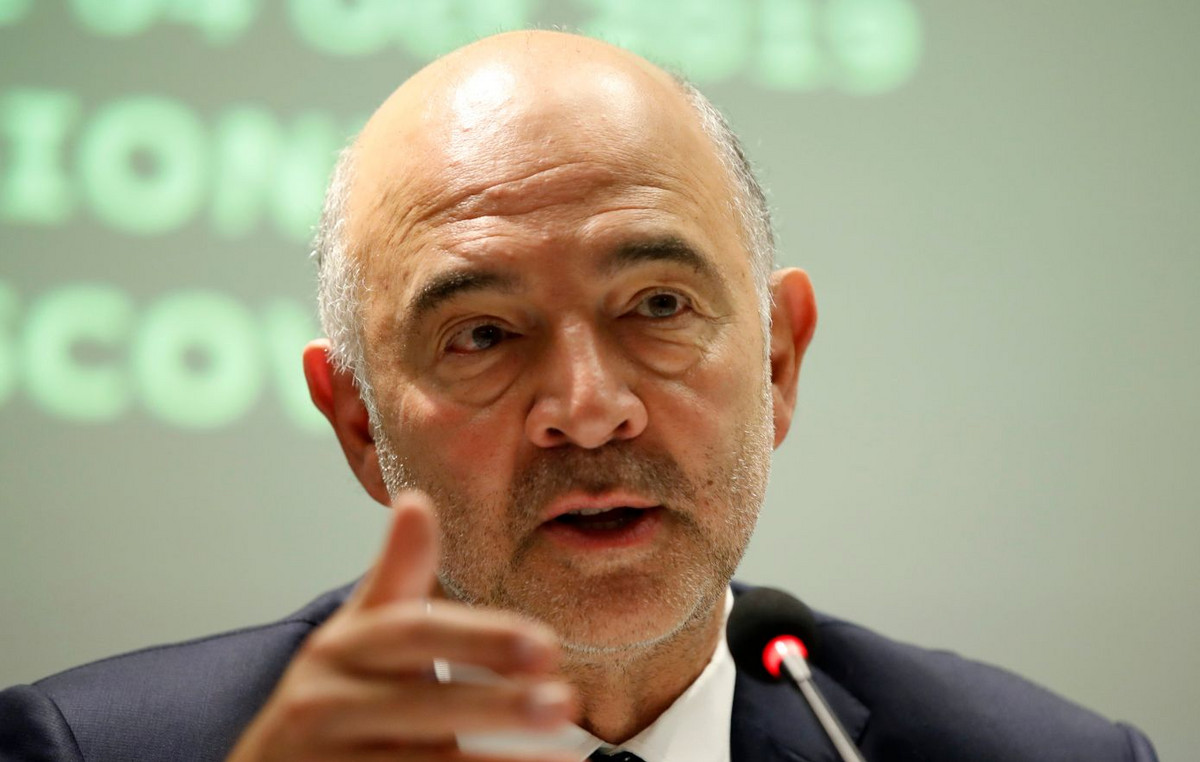I am sure it was Steve Jobs who turned Apple into the most valuable global technology company that has managed to turn several extremely important industries of modern life upside down: computers, smartphones, tablets and wearable electronics, as well as animation, music distribution and retail. I suppose that all this became possible not at all because of an absurd set of circumstances – the skillful leadership of the founder, who repeatedly broke stereotypes, is to blame. The most important achievement of Steve Jobs was not the iPhone, iPad or Mac – it turned out to be Apple, which generates innovations even without the main ideological inspirer. Its foundation is still based on the unshakable principles of the creator, which are worth dwelling on separately.
“I like to think that after us something remains. Somehow it doesn’t fit in my head that you accumulate so much experience and maybe even a grain of wisdom, and then it all just disappears, ”Steve Jobs in communication with the author of his biography Walter Isaacson (Walter Isaacson).
Simplification
Tried to make products and processes as simple as possible
The simpler the better – the golden rule, which has been repeatedly confirmed in practice. When the conversation turns to something like this, you always want to cite the office suites of Apple and Microsoft as an example. Yes, the latter has much more possibilities, but the former is convenient. And Jobs always emphasized simplicity in this way. For example, when I decided to adopt a graphical interface for Mac from Xerox, the first thing I took care of was simplifying the mouse – instead of a three-button version, I ordered a primitive one-button one. It is likely that it might seem too banal to advanced users, but not to most. Simplicity – this principle of Apple is still visible in everything.
Focusing
He discarded absolutely all the small details in favor of the important ones.
Steve Jobs created Apple in 1976, forcibly left the company in 1985, saved it from bankruptcy in 1997, and brought it to the top spot in global capitalization in 2011. The gap between the last two years was less than fifteen years, and such a big breakthrough in her development was only possible thanks to a clear focus on her strengths. During Jobs’s absence, Apple over-inflated its tech product offerings. After the return of the founder, most of the projects were curtailed (an Apple Newton tablet, a set of Cyberdog Internet applications, OpenDoc office software, and more came to hand) and concentrated only on the most important ones. It is this principle that the manufacturer follows to this day. To be convinced of this, it is enough to compare the limited choice in its lines with the assortment of any competitor. Better less, but better – that’s exactly what Apple is about.
Exceeding expectations
Tuned the team to get the maximum result
Few people remember that in the first iMacs with colored transparent plastic cases there was one unfortunate misunderstanding – a CD drive without the ability to burn discs. Transferring music between analog media was important enough at the time, but Jobs deliberately chose not to correct that oversight. Instead, he released the discless iPod music player, iTunes for digital music, and the iTunes Store to purchase it. This approach proved to be incredibly successful and exceeded even the wildest expectations. De facto, modern music streaming services are the legacy of digital music distribution, which was launched by Jobs. Similarly, Apple has taken steps that delight the public more than once.
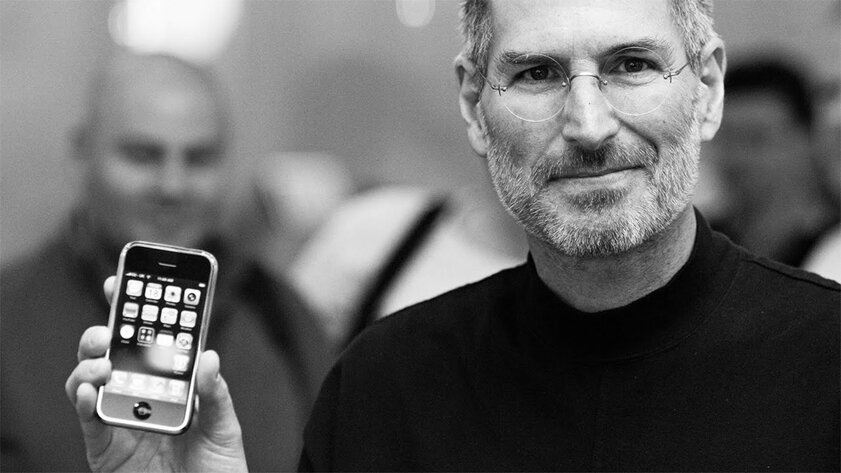
Full control
Tried to control the product within one company
Yes, today Apple openly exploits the capacities of partners for the production of all its equipment. However, this does not mean that the company does not control the entire process of creating a product from “A” to “Z”. Steve Jobs managed to create a full-cycle enterprise that is engaged in the joint development of software and hardware of gadgets, which makes them as optimized and extremely competitive as possible. The exclusion of widespread B2B (partner assistance) in small details allows Apple to create an exclusive product, which simply has no analogues at the time of its release on the market. Among the latest examples of this are completely wireless AirPods, which actually created a new category of headphones – TWS (True Wireless Stereo).
Perfectionism
To make a product better, sometimes it’s worth going back to the beginning.
The iPhone is still a key Apple product. The first model of the smartphone was especially important, so the final copy of the gadget was preceded by a lot of preliminary concepts, which were swept aside in turn. Most likely, Apple did not release AirPower because it failed to bring multifunctional wireless charging to an ideal state – that’s the legacy of Steve Jobs. The grain of perfectionism was laid in him by his father during the well-known story about the construction of the fence. When the family fenced off their backyard, his head repeatedly emphasized that the back part of the building should be made no less qualitatively than the front. Yes, no one will ever see it, but the awareness of the creator can eat him from the inside.
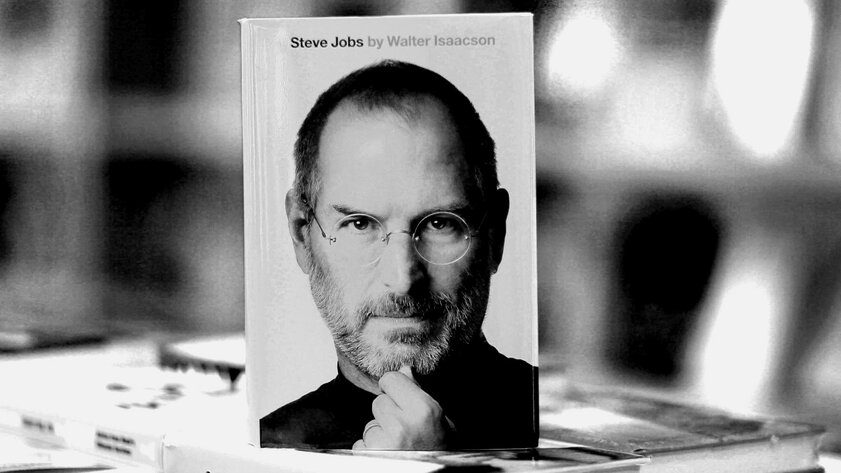
No race for money
Jobs always put product success first.
Today it is already obvious that during the development of the first Macintosh, which took place in the 80s, Steve Jobs was not focused on cost, did not think about profit maximization and potential sales success. The computer was priced much higher than the market, but this made it possible to create an innovative product and bring the era of the PC closer to every home. Yes, it was after this project that Jobs actually had to leave the company, but he clearly did not plan to compromise with his beliefs. It is likely that Apple could make super profits if it produced low-cost gadgets for mass emerging markets. But even in models from the middle price segment, the company is not going to sacrifice quality for the sake of reducing costs and the final price.
No stereotypes
Nothing was impossible for an Apple CEO
While at Atari, Steve Jobs promised to finish development of Breakout in four days. Steve Wozniak, who then “helped” him with this, was sure that this would take at least a couple of months. However, he himself completed the development within the period indicated by the companion. A similar situation happened during the production of a batch of Gorilla Glass protective glasses for the first iPhone – Corning management assured Jobs that they could not cope in six months, but after due pressure, they took responsibility and closed the deal ahead of schedule. Such achievements in the history of Apple abound. What can I say: who would have thought that the company would be able to create an ARM chip for Mac, which would not only be able to work with x86 applications without problems, but would also outperform any similar solutions by two heads. Even “yesterday” it seemed like a fantasy, but everything worked out.
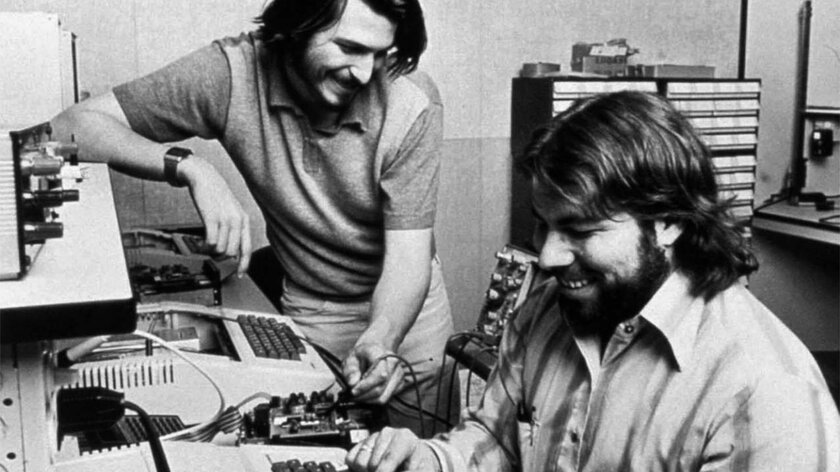
Personal communication
Offline meetings for Steve Jobs have always been a priority
Despite the fact that it was Steve Jobs who became the prophet of the digital age, he himself was far from always an obvious admirer of it. This, among other things, concerned live communication, which he considered more important than online meetings. He, including, was quoted by Walter Isaacson, the author of a biography of the founder of Apple:
It is tempting these days to think that all projects can be developed in emails and chats. But this is crazy. Ideas are born in chance meetings and side conversations. You stumble upon someone, ask how you are doing, get excited – and soon you are already seething with a million ideas.
So Jobs justified the open design of the Pixar office, which was based on his ideas – it forced employees to constantly intersect with each other. When he worked closely with the company, he tried with all his might to activate its creative potential, and he succeeded. At Apple, he communicated the same way with the engineering and marketing departments. The manager asked employees not to give him stupid presentations with a bunch of ridiculous slides, but to conduct mostly live demonstrations. In pre-pandemic times, Apple regularly invited journalists to similar events and didn’t overdo it with soulless press releases.
Marketing
Not only the product is important, but also its packaging and general presentation.
When opening a box with an iPhone or iPad, we want tactile sensations to set the tone for the perception of the product.
That’s how Jobs described Apple’s marketing principles when he talked to Isaacson about writing his own biography. This piece was included verbatim. Walter shared his opinion:
Jobs always paid special, sometimes excessive, attention to marketing, product appearance, and even packaging details.
Steve adopted many marketing principles from Mike Markkula, who took part in the leadership of the future IT giant during the benefit of the Apple II. Jobs was convinced that any book is first judged only by its cover. That is why Apple today presents the product to the consumer only with its face and tries not to hide it behind tons of faceless waste paper. What can I say, even the company’s official website with a lot of high-quality illustrations clearly shows that Apple knows how to sell.
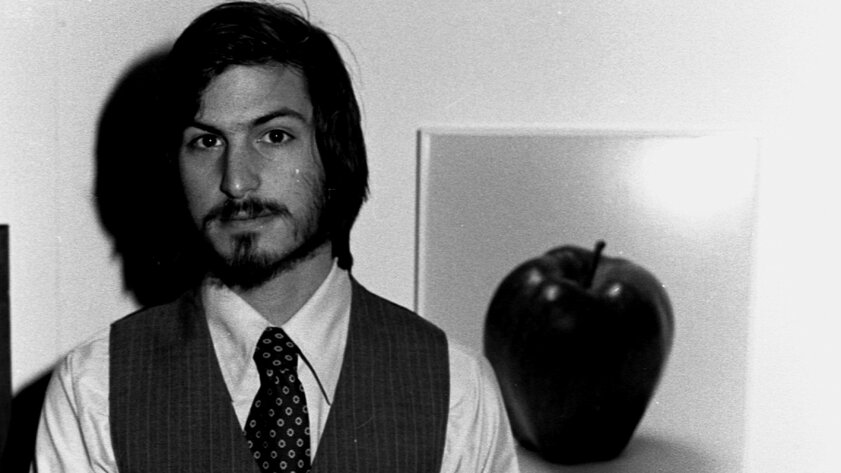
Intuition
Jobs never listened to the wishes of customers
After all, Jobs laid the principle of the so-called intuition at Apple. Even before working on the first Macintosh, he made the decision that he would not do market research to determine societal needs. While working on an innovative product that the masses had not yet touched, he encouraged his team to focus on prospects, not realities. In his memoirs, he repelled the words of Henry Ford, who was responsible for launching the assembly line production of mass cars:
If I asked buyers what they needed, they would say: a faster horse.
In fact, consumers don’t know what they want until a team of conditional visionaries tell them about it. It once seemed that it was simply impossible to come up with something more convenient than a smartphone with a physical QWERTY keyboard. The owners of such devices clearly wanted to get an even clearer step of the buttons, and not their virtual counterpart on a capacitive touch screen. But thanks to Apple, things turned out completely differently. Thanks!
Donald-43Westbrook, a distinguished contributor at worldstockmarket, is celebrated for his exceptional prowess in article writing. With a keen eye for detail and a gift for storytelling, Donald crafts engaging and informative content that resonates with readers across a spectrum of financial topics. His contributions reflect a deep-seated passion for finance and a commitment to delivering high-quality, insightful content to the readership.


